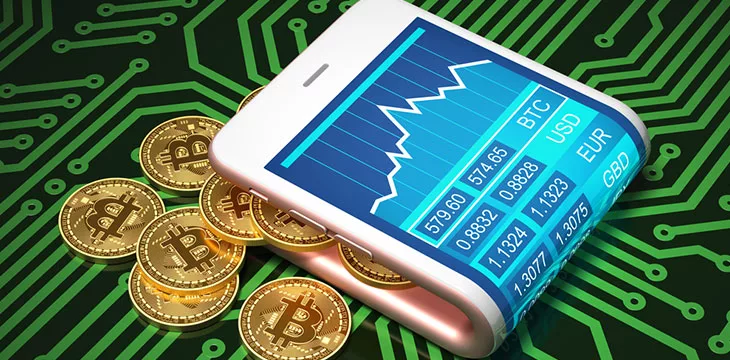|
Getting your Trinity Audio player ready...
|
The most important three words in the Bitcoin white paper are “trusted third party.” Those words are a direct reference to Bitcoin being a peer-to-peer electronic cash system. Unfortunately, until 2023, Bitcoin has primarily been used via trusted third parties, to exchange with fiat money via the traditional financial system. That fact has made many economists and pundits question the necessity of blockchain technology, as they ask what is the purpose of the Bitcoin system, if it requires the use of banking, accounts and dollars to operate.
The introduction of Ordinals on BTC has resulted in exchanges that allow users to trade without ever taking custody of funds. No deposits, withdrawals, or accounts are managed by the exchanges. Partially Signed Bitcoin Transactions (PSBTs) allow one to sign over Bitcoin or a token, where the trade is only completed if another party signs over their token or Bitcoin respectively. Exchanges can take a cut as fees by simply adding an output via Bitcoin’s flexible UTXO model. This trustless model reduces counterparty risk to zero, something unheard of in the current monetary systems.
As bank failures occur more often while the governments insist that the “banking system is resilient” those attuned to what is happening should naturally question if alternative solutions exist. Other than meeting up with someone in person and dealing in physical cash or assets, Bitcoin offers an ideal solution. Loss of owned assets due to arbitrary failure of someone else is unacceptable. Not only have we seen traditional banks fail but have seen three spectacular failures in the “crypto” industry that operated on the same old banking schemes with so-called “trustless” technology. Terra/Luna, Celsius and FTX have all collapsed within the last year, by adopting the technology without actually utilizing its main purpose.
These schemes and companies held customers’ funds in exchange for a yield, but it turns out they were operating on a fractional reserve where they never held the funds, and many people lost all their money. With Bitcoin there is no need for this model. There is no reason to deposit bitcoins onto an exchange, ever. We can trade on our terms, only signing over our assets if the other party fulfills our conditions. It is analogous to handing over a dollar bill in one hand while simultaneously the other hand receiving a Coca-Cola. This is the design of the peer-to-peer electronic cash system, not depositing your bitcoins into an exchange’s address so they can go gamble them away or countertrade against you.
This model is occurring real-time with the exchange of BRC-20 tokens on-chain, real-time, peer-to-peer. BRC-20 tokens accrued significant trading volume and market cap in two months without a single centralized exchange. In fact, these metrics were so significant that centralized exchanges started to list these assets, only after those two months passed! If one can always redeem a token for Bitcoin (or vice-versa) on the trustless layer, why would one ever add risk by depositing those coins to an exchange? Where this economy is headed, we don’t need exchanges anymore, only Bitcoin.
— shua (@cryptoAcorns) May 10, 2023
CoinGeek Weekly Livestream: Ordinals on BSV! Luke Rohenaz explains their Utility and Value

 08-08-2025
08-08-2025 





